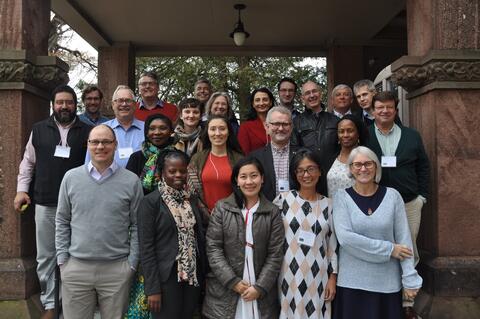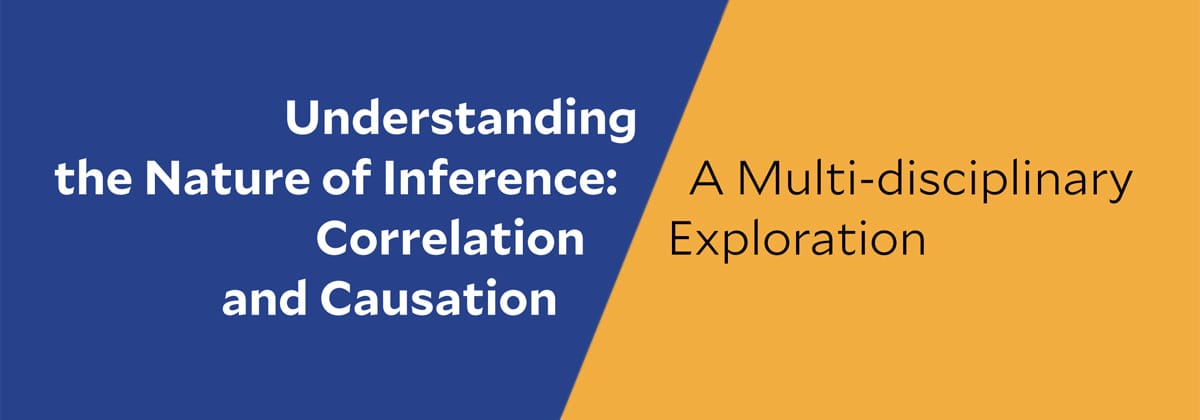
Fundamental to our judgements and decision making is the ability to be able to distinguish between causal relations and correlations. For Carlo Rovelli, this was also a huge undertone to his training in engineering. A causal relation between two events exists if the occurrence of the first causes the other; cause and effect. Mere correlation does not imply causation but a causal relationship must also be correlated. This is extremely important in science when we want to find the root cause or be able to have impact or predict an outcome. He notes that only later did he come to learn that this very idea of causation in science is still up for debate. This isssue is of particular salience and relevance now as discerning between causation and correlation underlies our ability to make robust predictions. At the present time, machine learning and AI are helping us more than ever to crunch complex, large multi-dimensional data-sets. This trawling their data in a systematic fashion is providing new insights into the properties of the systems that are being. However, where these techniques get stymied is in sifting out correlation between two variables that points to a deeper underlying causal relationship between them. This issue is at the frontier in terms of inference from AI and machine learning.
Rovelli discusses that there is a rich history of studies of caustion from philosophy. In 1913, Bertrand Russell argued that causation is not useful. According to him, it is ‘a relic of a bygone age, surviving, … supposed to do no harm’. Most contemporary philosophers of physics agree with Russell’s view that causal notions are absent from or at least play no essential role in fundamental physics. Not only does “cause” not appear in advanced sciences but these laws of science state are incompatible with causation as we understand it.
On the other hand, the contemporary philospher, Nancy Cartwright argues that abandoning the concept of causation would cripple science, based not on fundamental physics, but more on ordinary science (for example looking at the causes of cancer). She argues that the fundamental theories of modern physics say nothing about causation, and concludes on this basis that such theories are incomplete.
Nowadays, there has been an intellectual turn, and it seems that most scientists agree with Cartwright and reject Russell’s elimination of the notion of causation. Many philosophers, however, still prefer to follow Russell that the fundamental physical structure of our world doesn’t contain causal relations. How do we reconcile this very central issue in our science view and in our common sense? Rovelli’s talk aims to demystify this issue - to answer once and for all the role that causal relations play in our understanding of physical reality.

